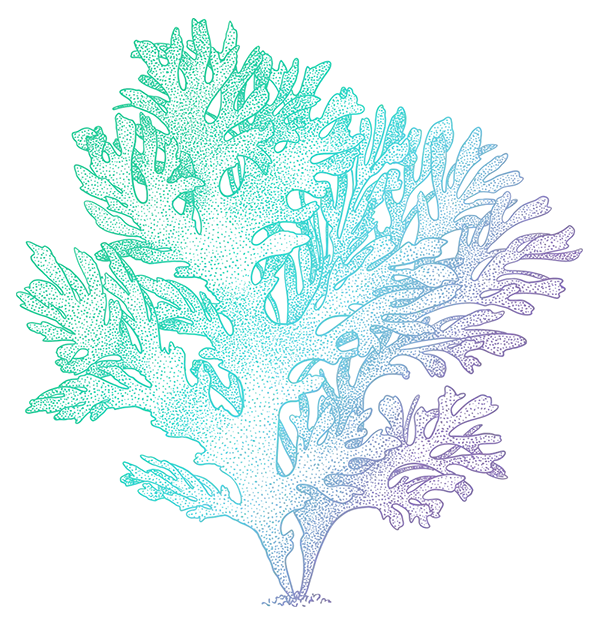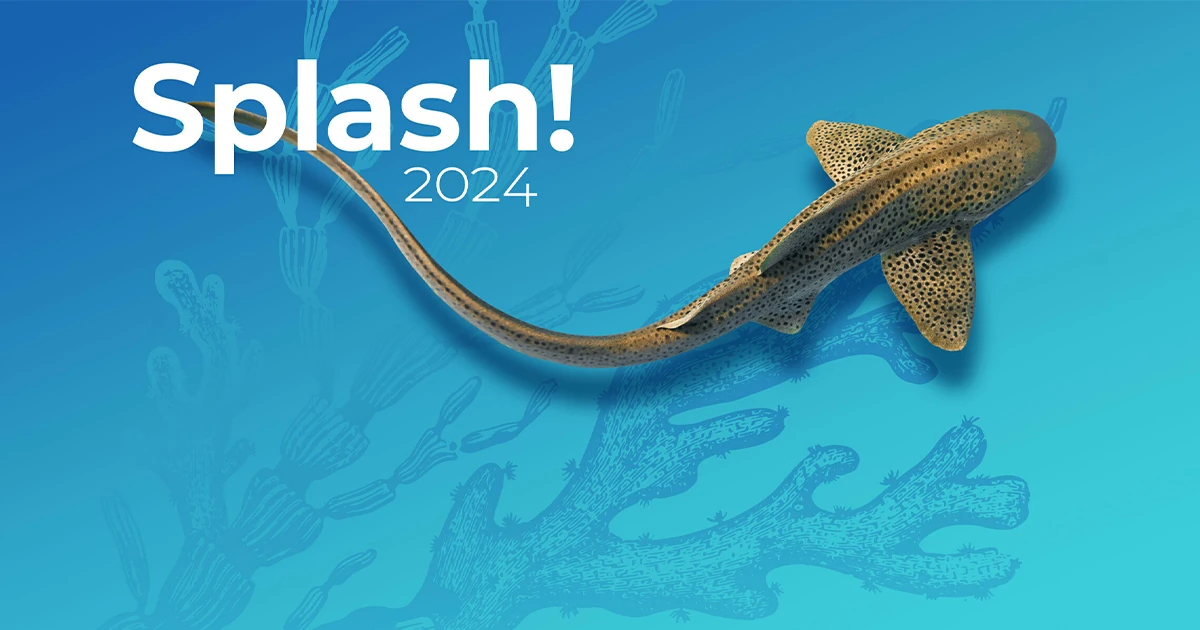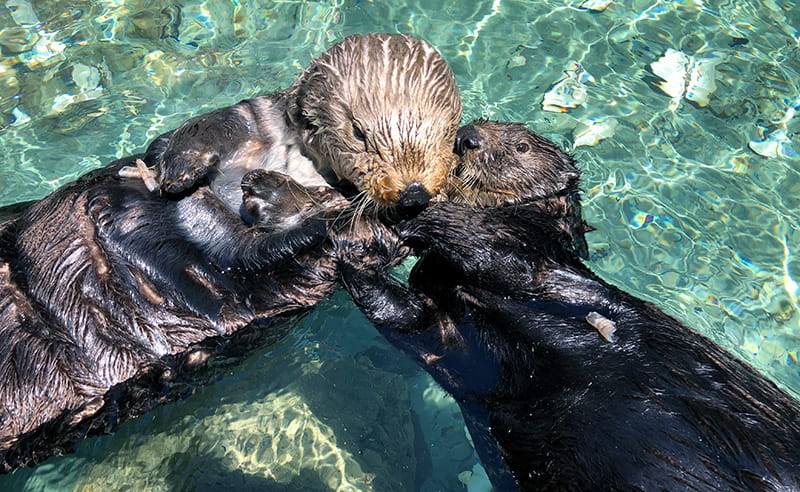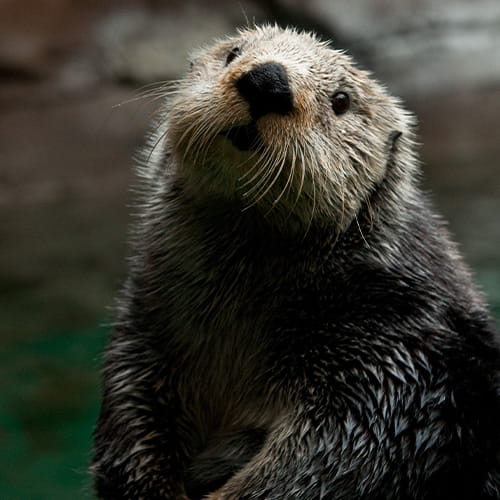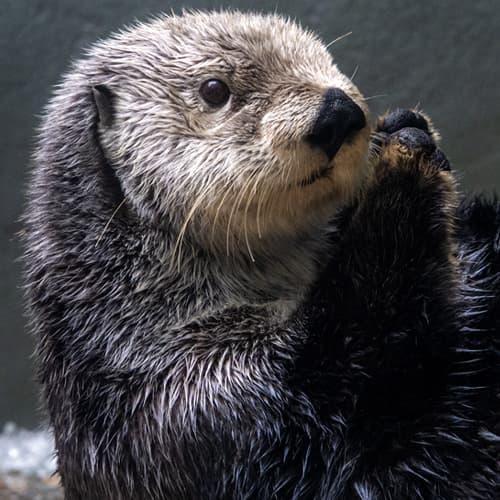We are honored to be responsible guests on the traditional and contemporary territories of the Coast Salish people, who have stewarded these lands and waters since time immemorial. The Seattle Aquarium is committed to developing a strong foundation for long-lasting and mutually beneficial partnerships with Tribal Nations, urban Native peoples and, as our mission grows, the Indigenous peoples of the Indo-Pacific and their local diaspora. We strive for reciprocal, respectful relationships rooted in the sovereignty of our Indigenous hosts. We too give thanks to the ocean and all our ocean relatives we have the honor to care and advocate for, be in relationship with, and be educators with for the future wellbeing of our shared Earth.
Aquarium highlights
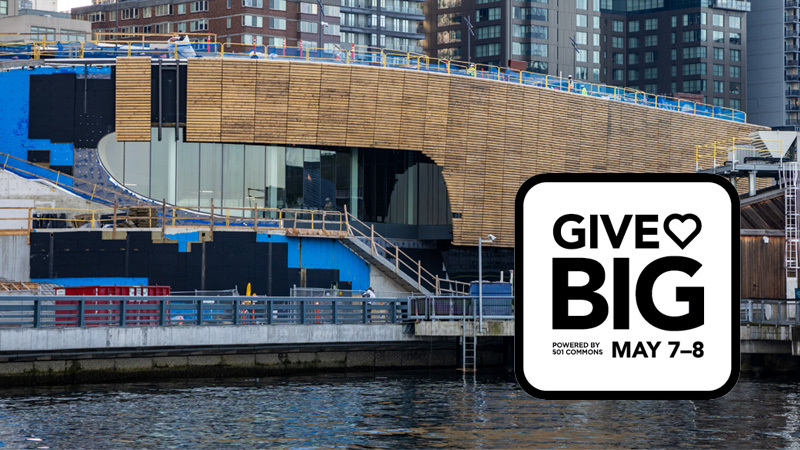
Give to Something BIG!
Give today and turn your awe into action! Make a gift to our One Ocean, One Future campaign to support the awesome Ocean Pavilion, Seattle’s newest waterfront icon.

Lightning Talks: Experience the Coral Triangle
Join us on Thursday, May 9, for this free virtual event to learn about the Coral Triangle, aka the “Amazon of the ocean.” Known for its mesmerizing biodiversity and natural beauty, this incredible region inspired the Aquarium’s new Ocean Pavilion expansion—opening this summer!
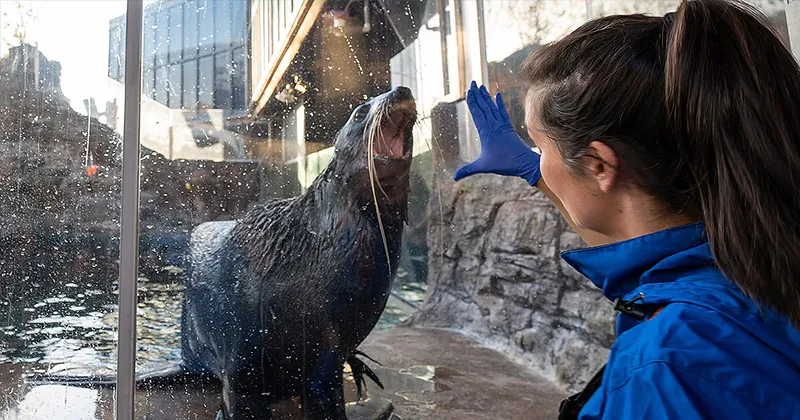
Animal Wellbeing
Caring for animals at the Aquarium is core to our marine conservation mission. Learn more about how we provide expert care for every animal.
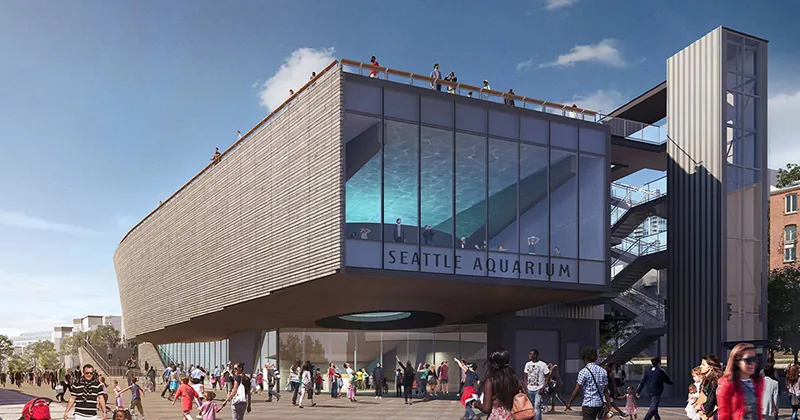
Seattle Aquarium Ocean Pavilion
As the first of several planned steps in transforming our campus, our Ocean Pavilion — scheduled to open in summer 2024 — will enable people of all abilities and backgrounds to discover new corners of our one world ocean.
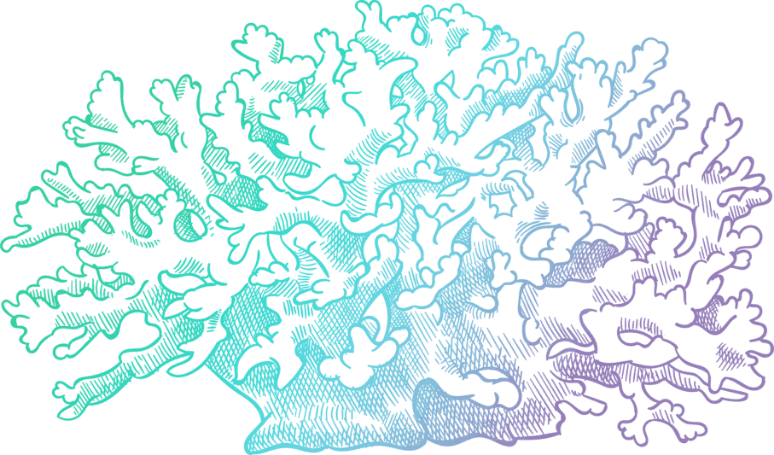
Our Mission
The region’s premier resource for hands-on marine experiences and conservation education, the Seattle Aquarium offers fun, exciting ways to discover more about the amazing Puget Sound and our world’s one big ocean. Join us in our mission: Inspiring Conservation of Our Marine Environment.
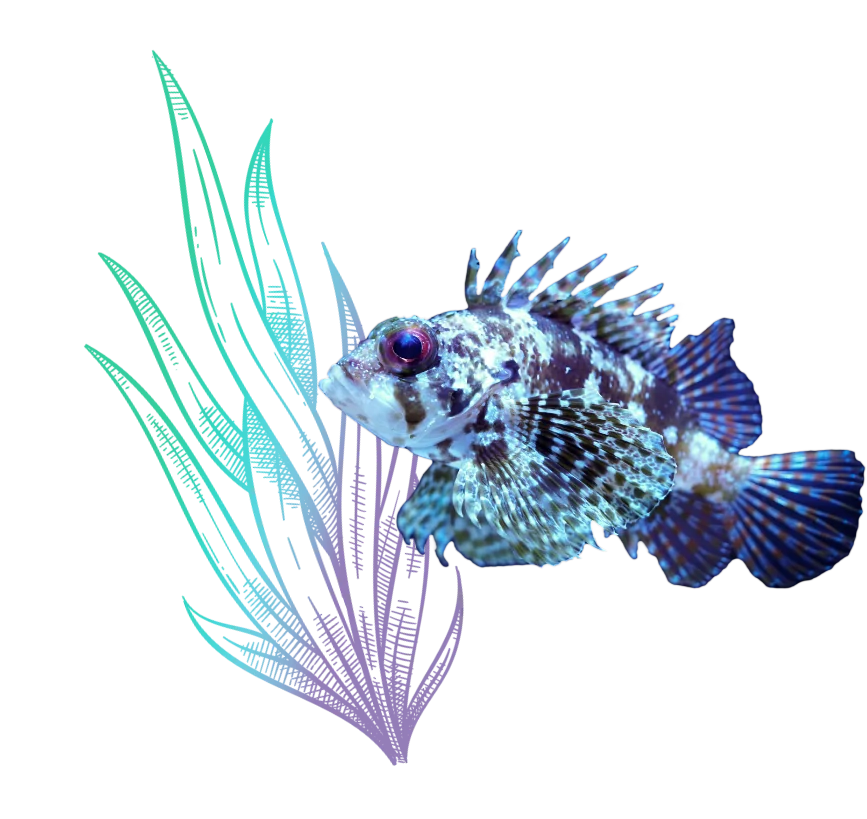
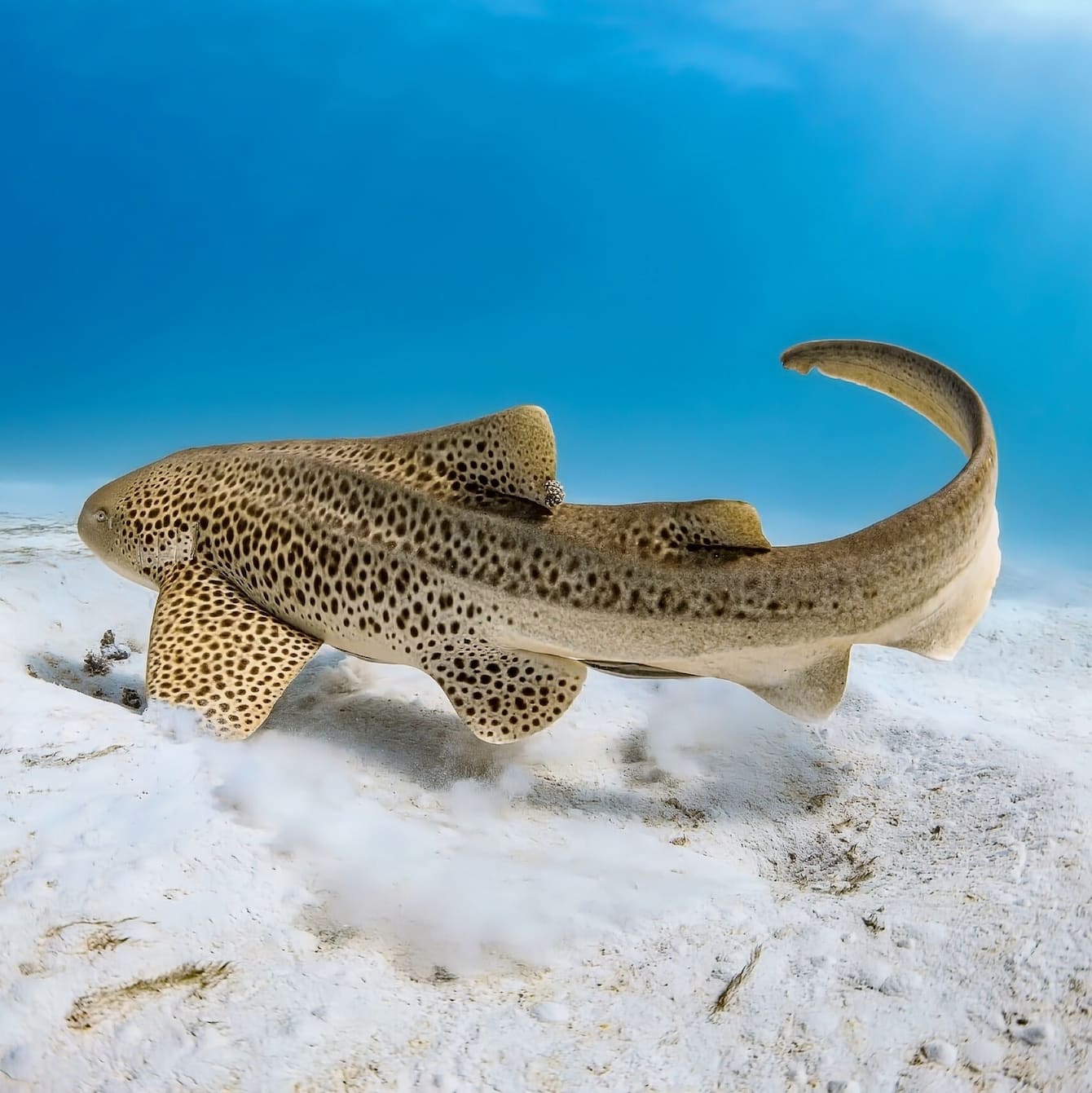
Recovering endangered sharks and rays
We helped launch a first-of-its-kind global coalition—ReShark—to restore endangered shark and ray populations. ReShark includes 70+ nonprofit, academic and government partners. The coalition’s first project is to recover Indo-Pacific leopard sharks (Stegostoma tigrinum) in Indonesia.
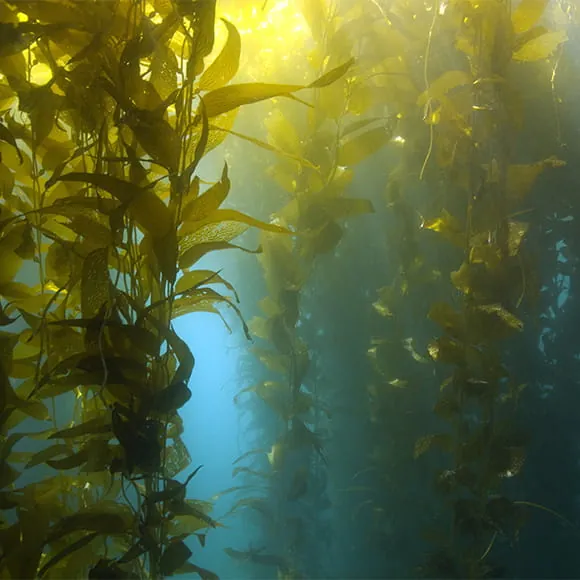
Ocean policy and advocacy
The Seattle Aquarium works to advance science-based policies to conserve and protect our marine environment. Our advocacy work at the local, state and federal levels contributes to securing climate resilience, sustainable seas and clean waters.
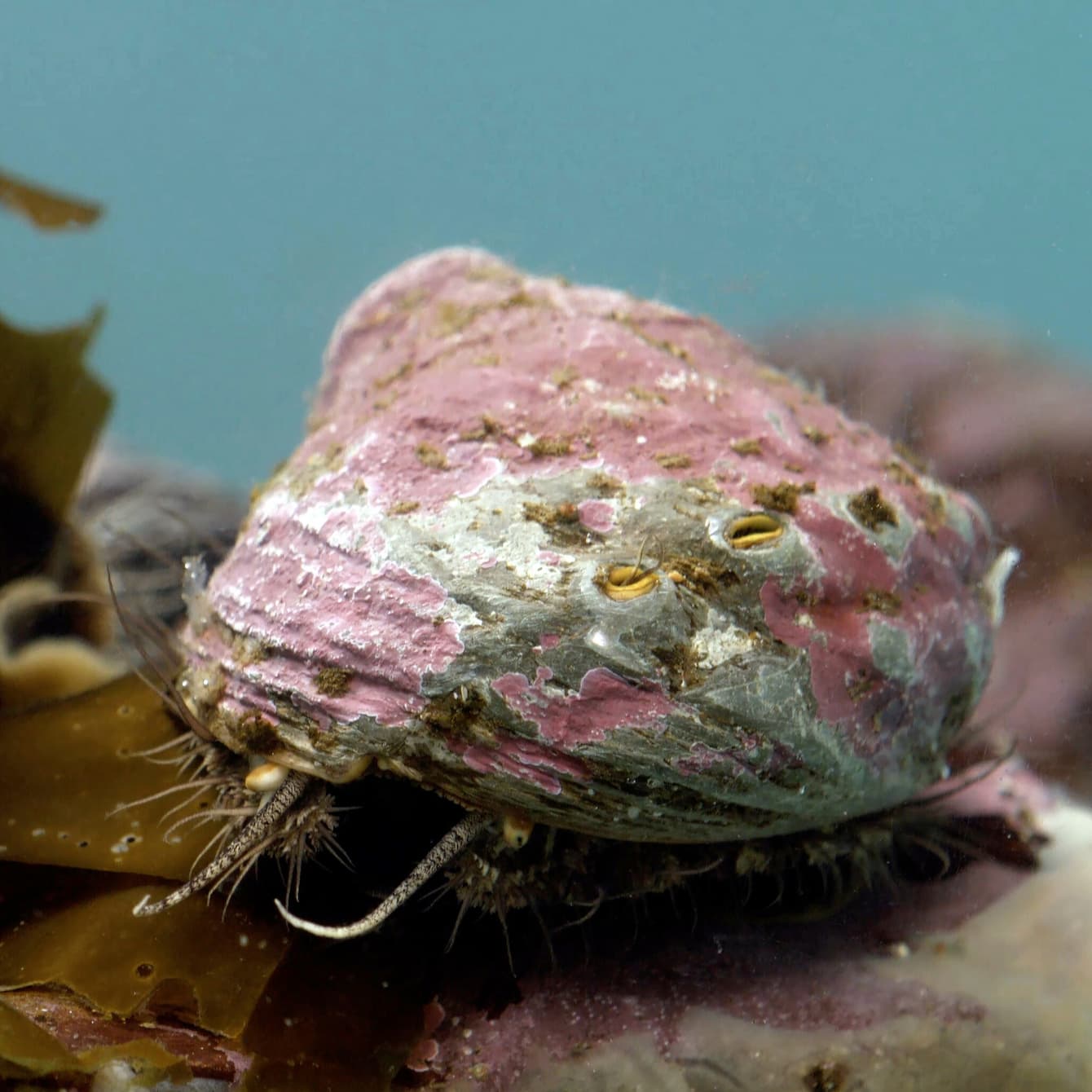
Recovering xʷč’iłqs (pinto abalone)
In 2020, the Seattle Aquarium joined Puget Sound Restoration Fund, WA Department of Fish and Wildlife and others to recover xʷč’iłqs, which is Lushootseed for pinto abalone (Haliotis kamtschatkana).
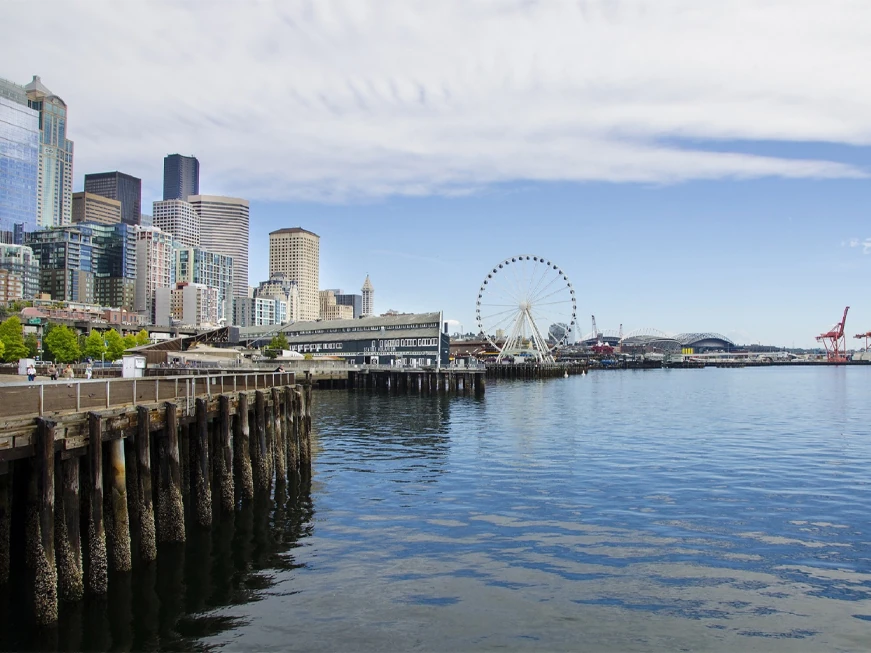

The Salish Sea

At the Aquarium
10am, 11:45am, 12:15pm, 1:15pm, 3pm
10:45 AM
11:30 AM
2:15 PM
3:45 PM
4:45 PM
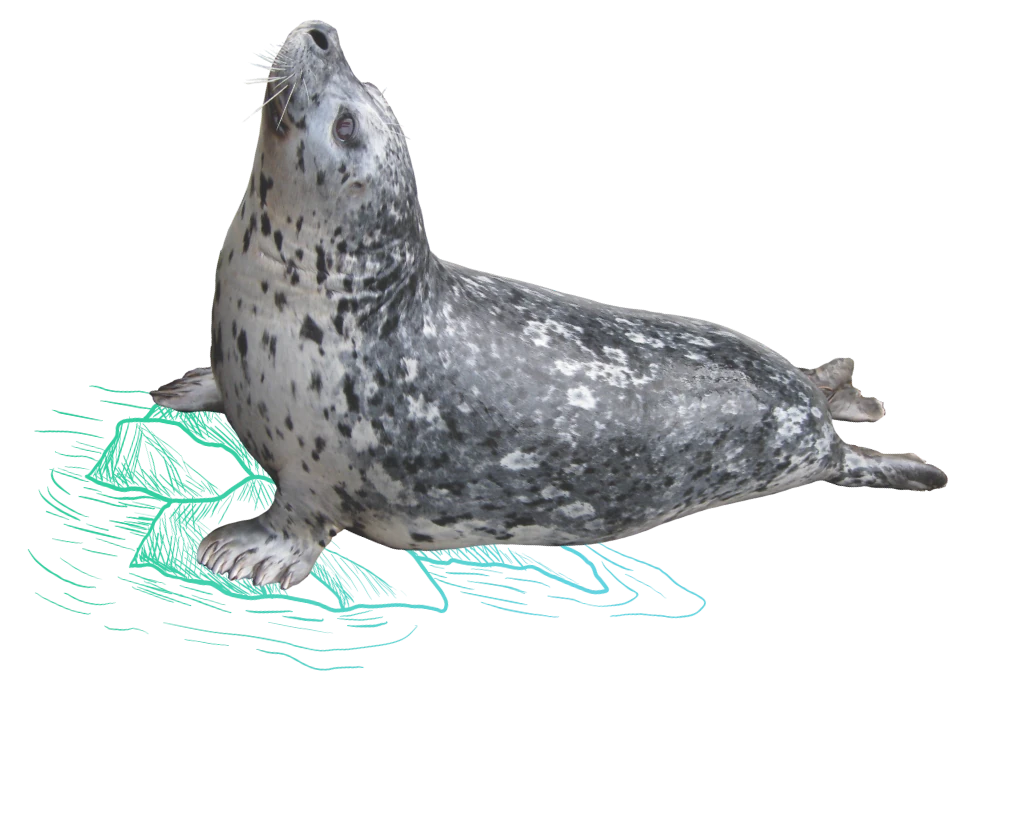
Upcoming Events

Explore the Aquarium
Discover amazing animal species, learn about educational opportunities at the Aquarium, and more!
Aquarium Stories
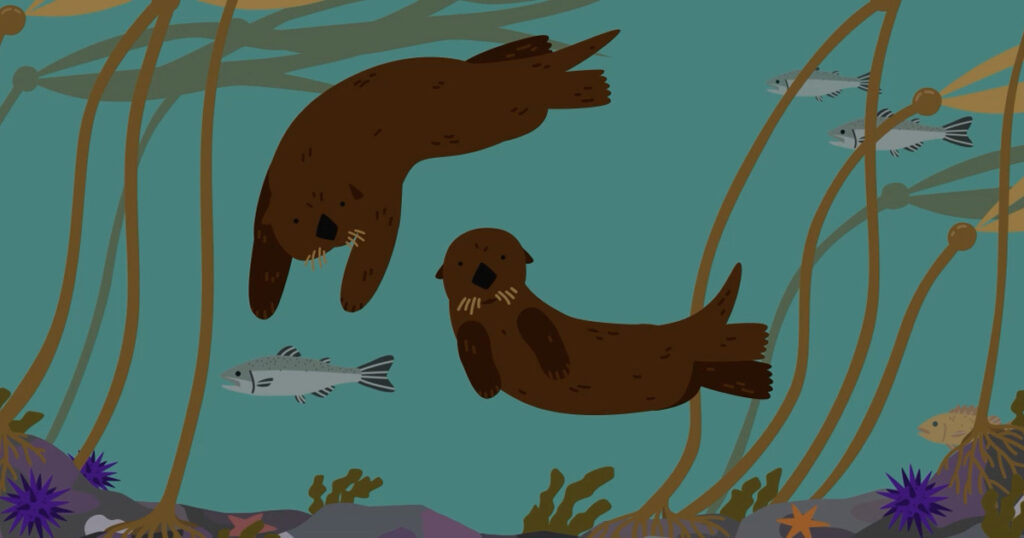
What is biodiversity and why is it important to us?
If you took a time machine back to four billion years ago, life would look very different. Because all life[...]
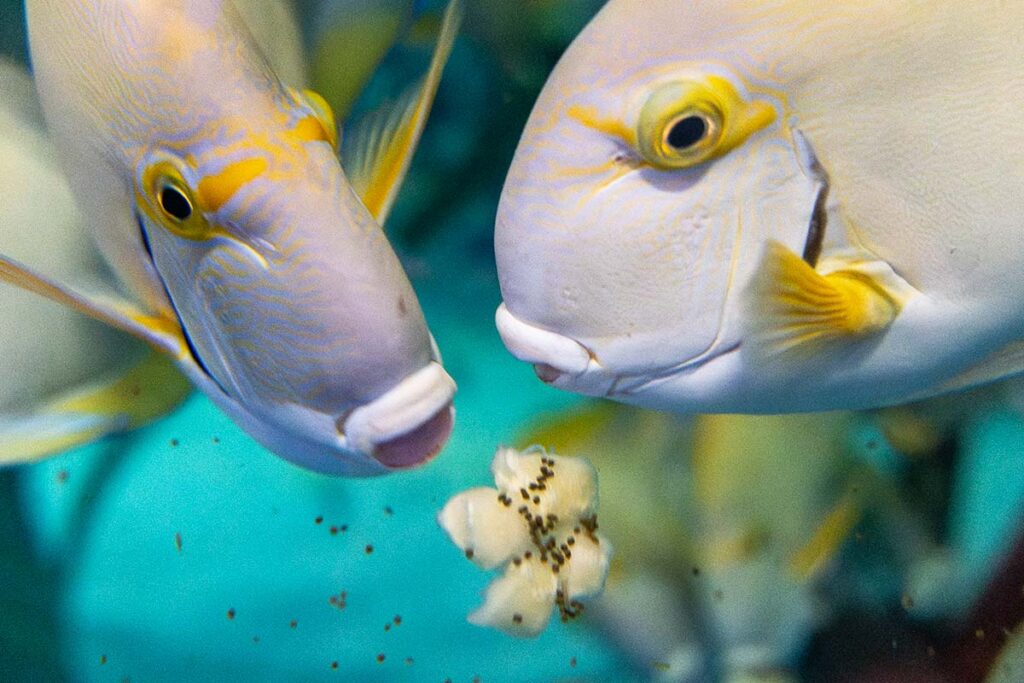
Inside the world of “enFISHment”—enrichment for fish!
You’ve probably seen pictures or videos of animals at the Seattle Aquarium enjoying enrichment. Maybe you’ve caught sight of a[...]
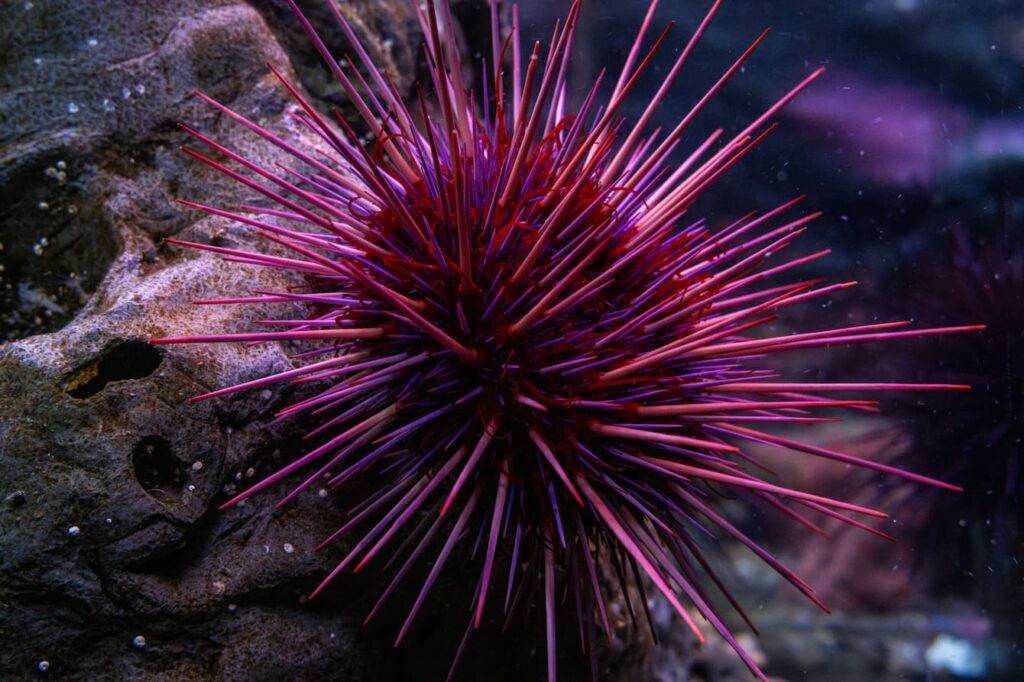
Urchins, anemones and sea stars, oh my! Invertebrate care at the Seattle Aquarium
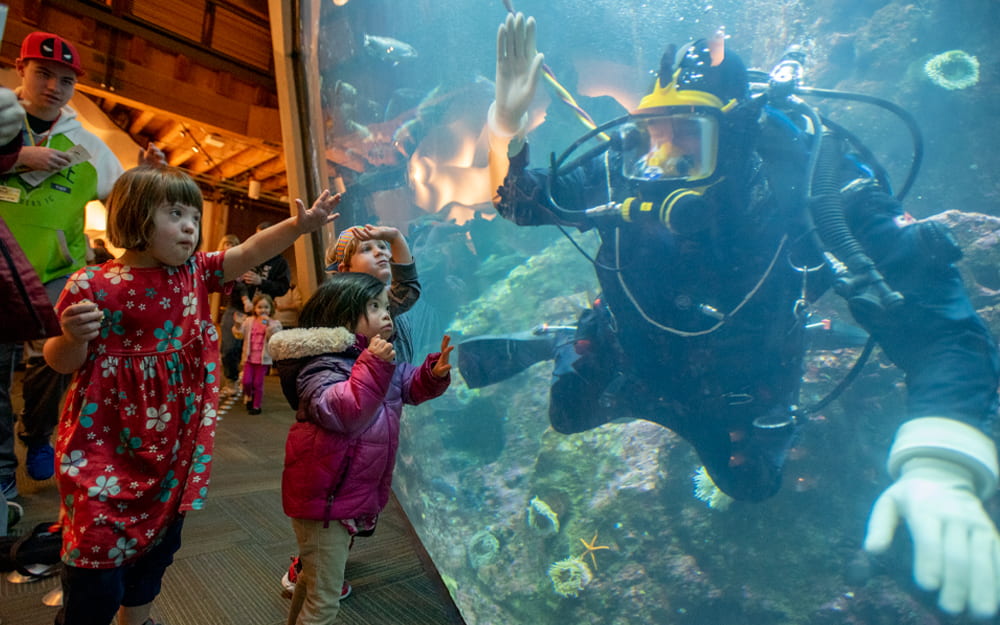
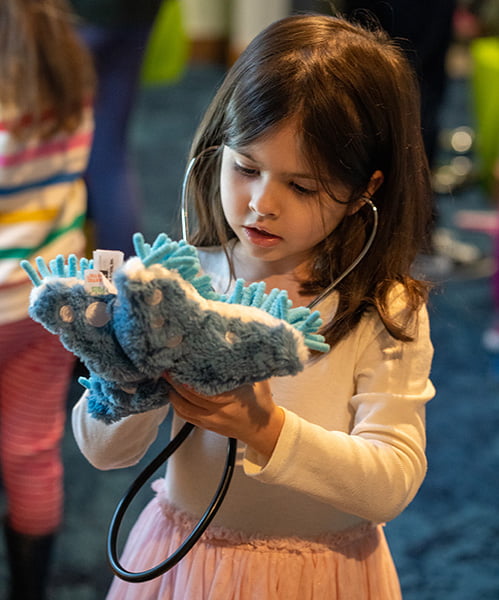
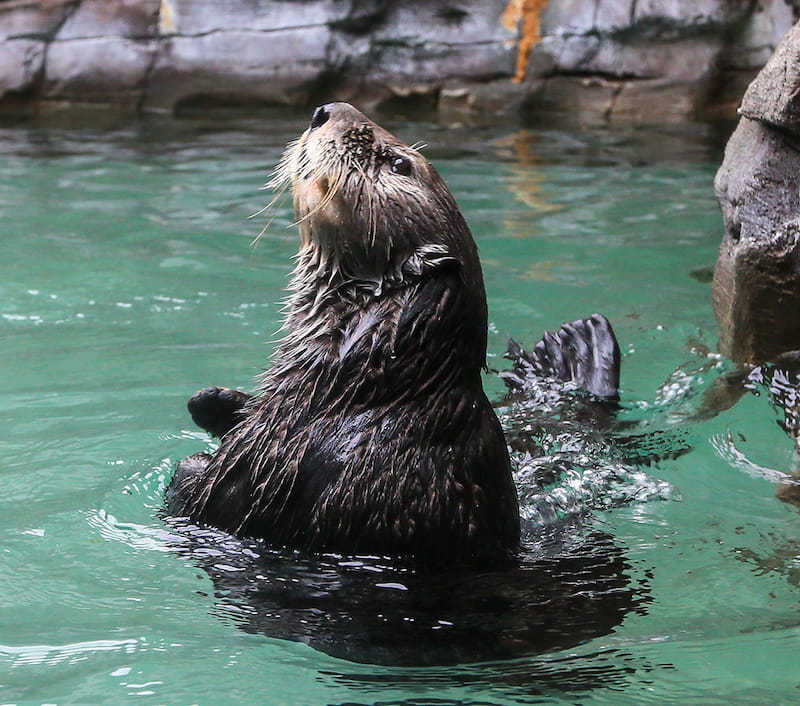
Become a Member
By purchasing a membership to the Seattle Aquarium, you can enjoy access to the Aquarium for an entire year!

